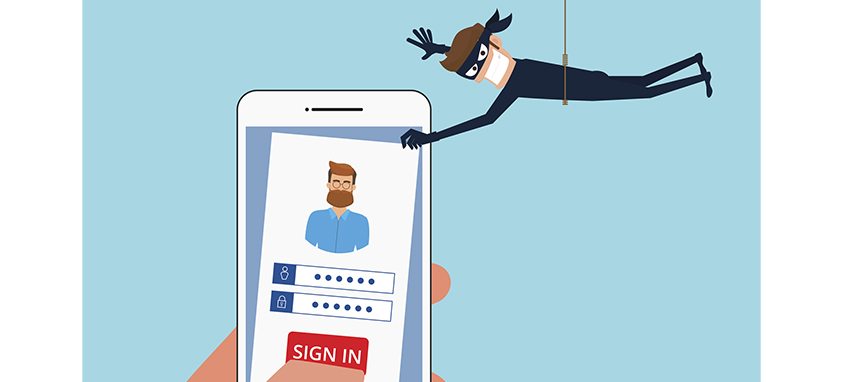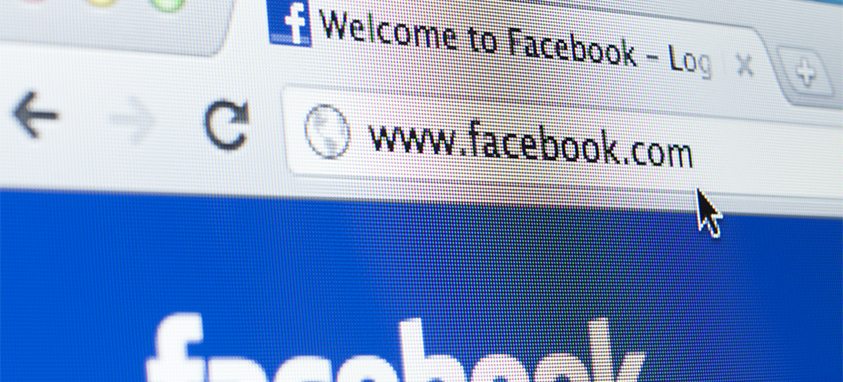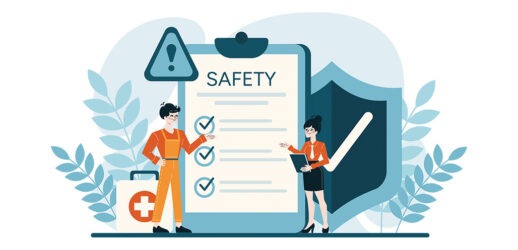Facebook’s recent user data scandal has left many planners wondering if the communication is coming at too high of a price. Is it time to break up with the social media giant, one of the most effective marketing tools that planners use to share meetings magic?
What Actually Happened?
Facebook announced on March 16 that the data-analysis firm Cambridge Analytica (which played an important role in the online strategy for Trump’s 2016 campaign), had been suspended from using the social-media platform for mishandling data of more than 50 million users. According to Facebook, the information was gathered in 2014 from the thisisyourdigitallife app, created by Cambridge University researcher Aleksandr Kogan.
In 2015, Facebook learned that Kogan had sold the data to Cambridge Analytica without user consent, a violation of Facebook’s policy. Facebook ordered Cambridge Analytica to destroy all stolen data and to provide a formal legal certification confirming it had done so.
Though Cambridge Analytica provided documentation, Facebook learned last week that it possibly didn’t follow through, leading to the suspension and investigation of the firm. It is uncertain as to whether the firm used the data to channel political ads towards users.
Facebook has since created new restrictions on developers and how they can access user data. It also has plans to create a new tool in the coming months to help users monitor their own data.
These new restrictions will start to affect the event industry, says Liz King Caruso, social media expert and founder of Techsytalk and Liz King Events. She says that event organizers may need to report their use of data on their attendees, speakers and sponsors, and will need to be hyperaware of data security.
“Everything from what data you collect, how you store it, who you share and sell it to, and what they do with it could change,” Caruso says. “There are several standard industry practices that are no longer going to be acceptable in the near future.”
Do I really need to worry?
According to Caruso, yes, you do.
“For all people using Facebook, this is a huge wake up call,” she says. Billions of people have made this free service a huge part of their lives, leaving their sensitive data vulnerable to many forms of monetizing.
“I think the big difference with Facebook is that people feel like it is a more private space, because you have to send and accept friend requests,” Caruso says. Facebook feels more private than other social media platforms such as Instagram and Twitter. But while consumers are focused on status updates and things they’re sharing with their network, Caruso says Facebook’s founders are much more interested in the activity data, which she calls, “a very dangerous combination.”
I Never Used the App, so I’m Safe, Right?
Maybe. Even if you didn’t use the app, your information could still be compromised. The app not only took data from the 270,000 people who used it, but also from the friends of those users, depending on what their privacy settings were set at in 2014.
No one knows who has purchased what personal data on the “dark web” in the last four years.

How Can I Stay Protected?
With Facebook being a major marketing tool for event planners, simply kicking it to the curb (#DeleteFacebook) may not be the best solution. But some simple steps could help protect you, your friends and your event attendees
1. Study up!
Do a top-to-bottom evaluation of your own privacy policies, and then communicate and enforce those policies.
2. Spring Clean Your Facebook Apps
Have you ever signed into a third-party website, played a game or used an app using your Facebook profile? Those services may still be accessing your data. From the settings page on your Facebook, click on the apps tab. From there, you can see which apps you have granted permission to and decide whether to remove them or not. In the same tab under app settings, click “apps others use,” and choose which details about you are shared when your friends use apps.
You can also protect yourself by auditing your Facebook privacy settings and minimizing the information you share publicly. For example, you can allow only your friends to see your posts.
3. Install a Tracker Blocker or an Ad Blocker
Add-ons such as Disconnect, Privacy Badger and uBlock Origin block trackers and advertisements embedded on websites. This may limit the functionality of some parts of websites, but it might be worth it for privacy’s sake.
4. Clear Your Browser History and Cookies
This will temporarily delete trackers that may be on sites used, but they might reappear over time, so make it a regular practice.
5. Read the Privacy Policies
Although it may seem like a waste of time to do so, and is easier to simply hit “I accept” privacy policies, you may be agreeing to something suspicious. If you see language that suggests your data could be shared in a way that makes you uncomfortable, don’t use the program.
6. Listen to Your Gut about Unknown Brands
The internet is still an unregulated space, with new programs, apps and viruses popping up constantly. Some sites may look legitimate, but on further review they are not. Even after reading the terms of service, think about it. In the case of thisisyourdigitallife, the fine print of the privacy policy said the information would be used for academic use, not commercial. If your first instinct is that it’s a sham, get out immediately.




